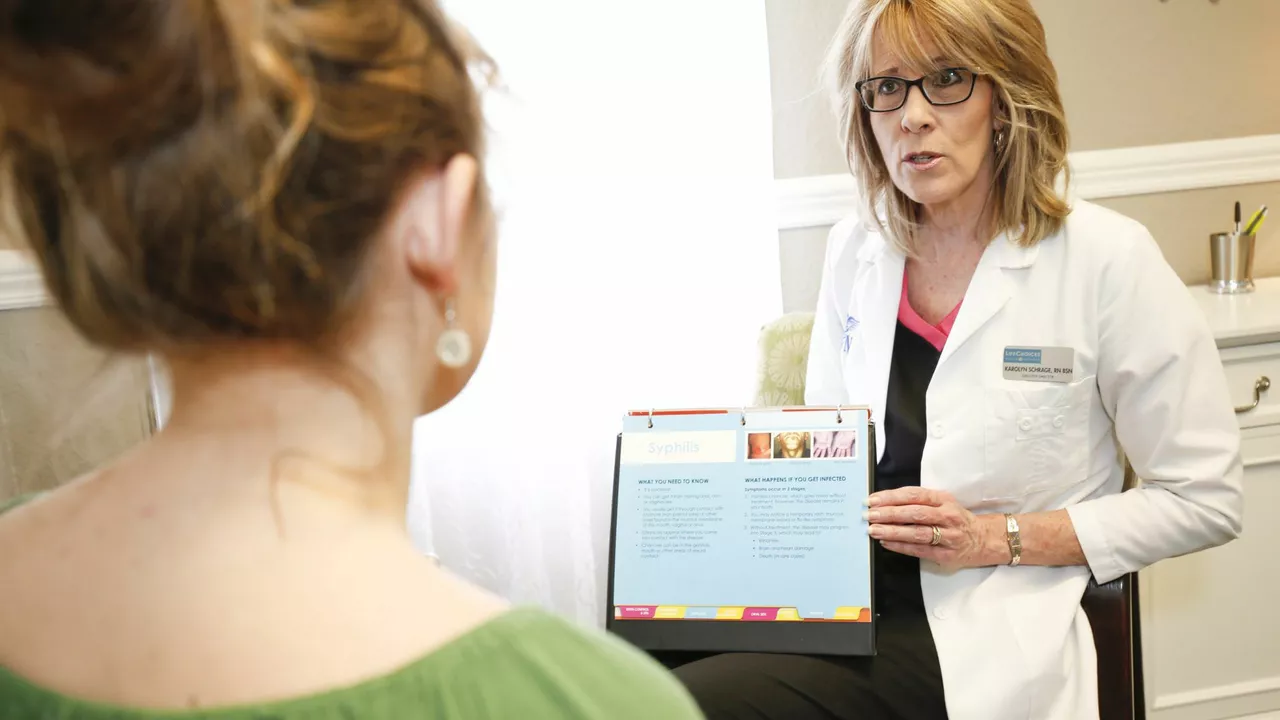Combating Syphilis: What You Need to Know
Syphilis is a serious infection, but the good news is that it's treatable, especially when caught early. It often starts with painless sores and, if ignored, can cause bigger health issues down the line. Knowing the signs and getting tested is the first step in fighting this disease effectively.
Recognizing Syphilis Symptoms Early
At the beginning, syphilis can be sneaky—those painless sores can be easily missed since they might not hurt or look serious. After that, rashes, fever, and swollen lymph nodes can show up. Not everyone notices these, so regular check-ups matter, especially if you have new or multiple partners.
Treating Syphilis Safely and Effectively
The most common treatment is a simple course of antibiotics, usually penicillin. It clears up the infection quickly when taken correctly. Avoid trying home remedies or skipping doses, as that can make the infection worse or resistant. Your doctor will guide you through the process and follow-up tests will make sure you’re clear of the infection.
If you’ve been exposed or think you might have symptoms, don’t hesitate to see a healthcare provider. Quick action not only protects your health but also helps prevent spreading syphilis to others. Being open and honest with your partner about testing and prevention builds trust and keeps everyone safer.
Combating syphilis is straightforward with the right knowledge and prompt care. Stay informed, get tested regularly if at risk, and remember: early treatment makes all the difference in beating syphilis for good.
The Role of Public Health in Combating Syphilis Epidemics
- Keith Ashcroft
- |
- |
- 9
In my latest post, I explore the crucial role of public health in tackling syphilis epidemics. Public health initiatives work tirelessly to educate communities about sexually transmitted infections, focusing on prevention, early detection, and treatment. They also carry out extensive research to understand these diseases better. By collaborating with healthcare providers, they ensure timely diagnosis and treatment of syphilis. In essence, public health is our front line defense against the spread and escalation of syphilis epidemics.
View more
